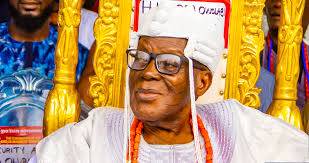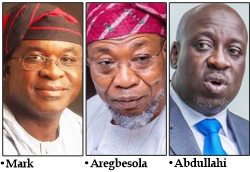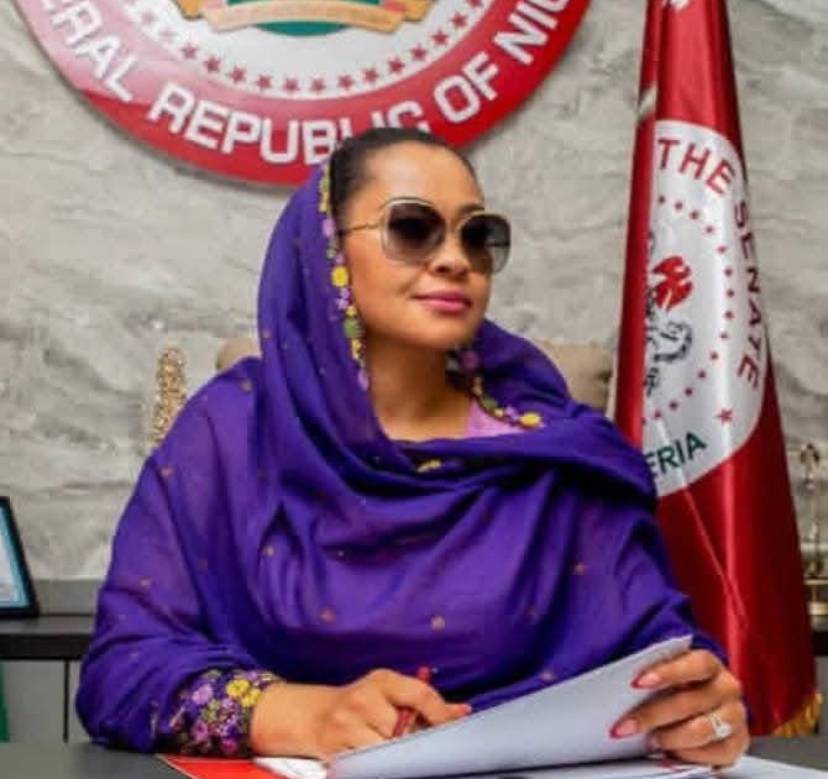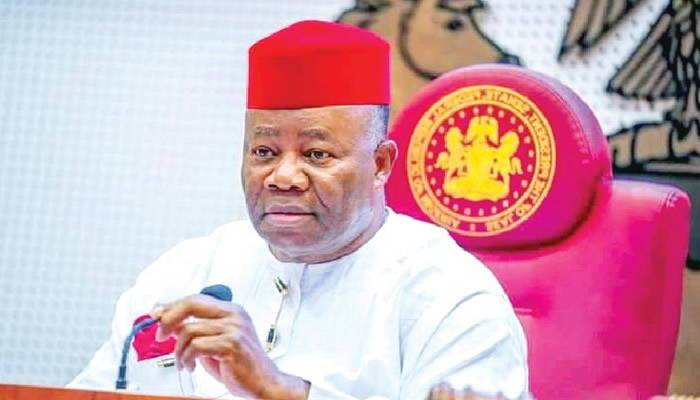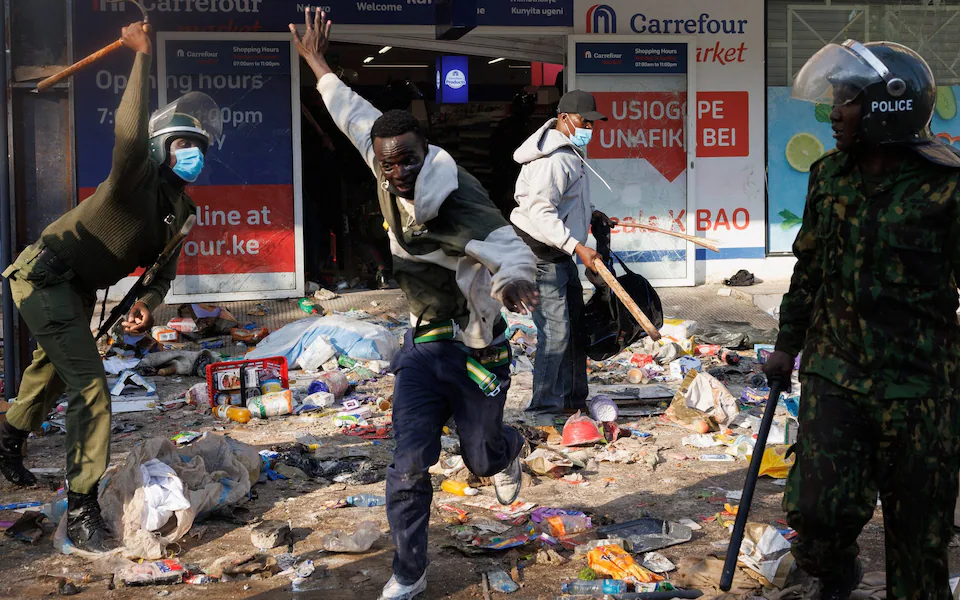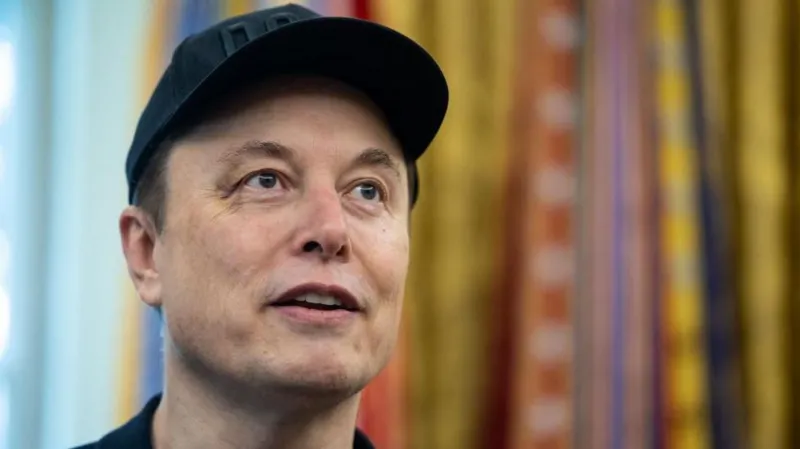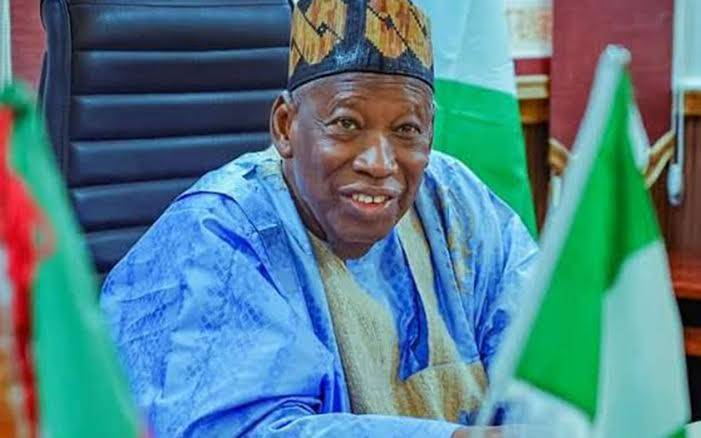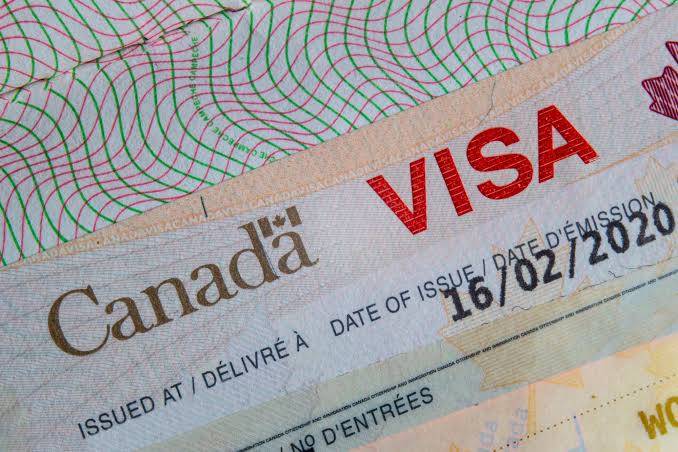By Festus Eriye
Yesterday, October I, Nigeria, by choice, under-celebrated the 64th anniversary of its existence as an independent nation. As usual, it was an occasion for many to mournfully chorus how a potentially great country has failed to rise to the levels expected of it. In good times and bad ones, incumbent governments try to put a positive spin on the state of the nation while marking the day. They reel out a litany of actions taken to make life better.
These are not the best of times for a people who have been disappointed time and again by a succession of military and civilian administrations, so much so that they have become an army of cynics who expect the worst of anyone in power.
Every new government comes to power labouring to please this audience; very few succeed in doing so. For the Bola Tinubu administration, it has been an even more daunting task because it chose not to conduct business as usual by its choice of policies. It’s not as if some of the ideas like removal of fuel subsidies and floatation of naira were so novel. What was new was knowing the likely consequences, the president chose to trudge down a path his predecessors fled from.
Some former governors and ministers of a reformist persuasion have disclosed in recent times how they tried to press former President Muhammadu Buhari into removing the wasteful subsidies whilst still in power. They presented him unassailable statistics that made the case. He would grunt to show he understood the payments were impairing the nation’s finances, but resolutely refused to act for fear of the consequences.
It would be charitable to believe his inaction was down to concern over the devastation it would bring to the country’s majority poor and, even, the middle class. The less charitable would suggest that having been traumatized by experiencing overthrow as a military head of state, he was wary of tempting the fates with a move that would most certainly have provoked social upheaval. So, did he do the right thing by postponing the evil day?
On January 1, 2012, then President Goodluck Jonathan’s new year gift to Nigerians was announcing removal of the infamous subsidies. The following day, protests under the Occupy Nigeria banner spread like a rash across the country. The 120% increase in petrol price was predictably accompanied by burning, looting and at least 16 deaths. The government buckled to defuse the situation.
Interestingly, at the emergency meeting called to agree a u-turn two critical government officials who backed the controversial policy were noticeable absentees: Minister of Finance, Ngozi Okonjo-Iweala and her Petroleum Affairs counterpart, Diezani Alison-Madueke. Reports back then claimed the former had threatened resignation if the decision to remove subsidies was reversed. Again, the government of the day had no stomach to push through what it was convinced was the right to do.
The nation’s regurgitation of the bitter pill didn’t stop the successor Buhari government from carrying out some marginal price increase. But it was nowhere near the outright termination of subsidies around which a consensus had built.
It would be another twelve years after Jonathan’s botched effort before Tinubu made his famous ‘subsidy is gone’ declaration at Eagle Square, Abuja, on May 29 last year. The direct fallout of that action along with the floatation of the naira has been a cost of living crisis the likes of which hasn’t been witnessed in this country for ages.
Inflation is never popular anywhere and Nigeria isn’t unique in this regard. It doesn’t matter what the greater beneficial goal might be, people don’t want to pay higher taxes, or pay more for goods and services.
That why in the US presidential election campaign Republican Party candidate Donald Trump continues to mount a strong challenge, despite his criminal conviction and character issues, because most Americans are unhappy about paying more for groceries and services. It’s the same challenge in Ghana and the United Kingdom.
Tinubu’s critics, even those who during last year’s presidential election campaign vowed to remove subsidies from day one, have been rubbing their hands with glee over the administration’s battle containing the fallout. Their adolescent fun and games over a political rival’s troubles only shows their statements last year were insincere words designed only to win an election.
They would have continued a system over which a respected economist and minister was ready to resign 12 years ago if it were continued; a system that was leading Nigeria to certain financial paralysis. How on earth does a country function with 97% debt service ratio and think that is normal? How do you pile up ways and means obligations to the tune of N30 trillion and expect there would be no consequences?
The old lie was that fuel subsidy was the only thing the poor were benefiting from the country. In reality it did nothing for the millions living under or slightly above the poverty line, because many still contemptuously refer to us as taking over from India as the poverty capital of the world. So much for the joys of perpetual subsidies!
What is wrong with Nigeria? The same labour unions who insist that government should have fixed refineries before pulling the plug on subsidy, infamously frustrated former President Olusegun Obasanjo’s bid, in the twilight of his reign, to offload the government-owned companies to private interests. They ensured that the Umaru Yar’Adua administration as one of its first acts in office reversed the policy.
The same unionists who with populist posturing lash Tinubu for not waiting for the refineries to work, cannot explain why 17 years after they blocked the sale they are still out of commission. Meanwhile, between 2013 and now, Aliko Dangote, one of those who wanted to buy the refineries, has managed to build the world’s largest single train facility with the ability to process 650,000 barrels of crude per day. It is already selling petrol and diesel.
If for over 25 years government refineries haven’t worked, who would guarantee a timeframe within which they would come alive. Would the country have survived financially until that uncertain time in the future? Those who have questions to answer are the lot who couldn’t fix the facilities for nearly three decades.
Social impact is important but it shouldn’t be the only yardstick for judging the Tinubu reforms. No one knows what the consequences would have been for those who are hardest hit by the cost of living crisis in the event of a total economic collapse, which most certainly would happen, if we do nothing.
While some focus on the pain, something is quietly happening across the landscape. Nigerians are paying unprecedented prices for petrol but are slowly adjusting to the new reality in different ways. That they are not on the streets wreaking havoc is subtle evidence of this adjustment.
For years, we’ve had a sense of entitlement over oil; believing that because we produce crude we are entitled to enjoy cheap refined petrol which we don’t produce. We don’t make the same arguments over solid minerals, or expect to eat cheap chocolate because we export cocoa. Ultimately, petrol is just another product that should sell at the appropriate price.
I have heard people retort angrily when comparisons of petrol price in other nations show ours isn’t the most expensive. They quickly ask what the minimum wage in those countries is. But simply economics tells us you fix prices by adding up cost of inputs, profit margin and other variables. You don’t bake a loaf of bread and check the national minimum wage before fixing the price.
As we allow fuel prices to rise and fall like those of other products, government should intensify efforts at entrenching non-petrol driven transportation like CNG mass transit buses, intra-city metro, inter-state trains and electric cars. This would liberate the economy from the stranglehold where PMS prices automatically affect every other thing.
Much of what Tinubu has implemented are things that administrations that came long ago thought were the right prescriptions for fixing a dysfunctional economic system. What was absent was the lack of political will. Well-meaning Nigerians should pray his policies work, the nation stabilizes and begins its journey to a prosperous place. The alternative would be a return to square one – not really an option when you consider how far we’ve traveled from that location in 16 months.



